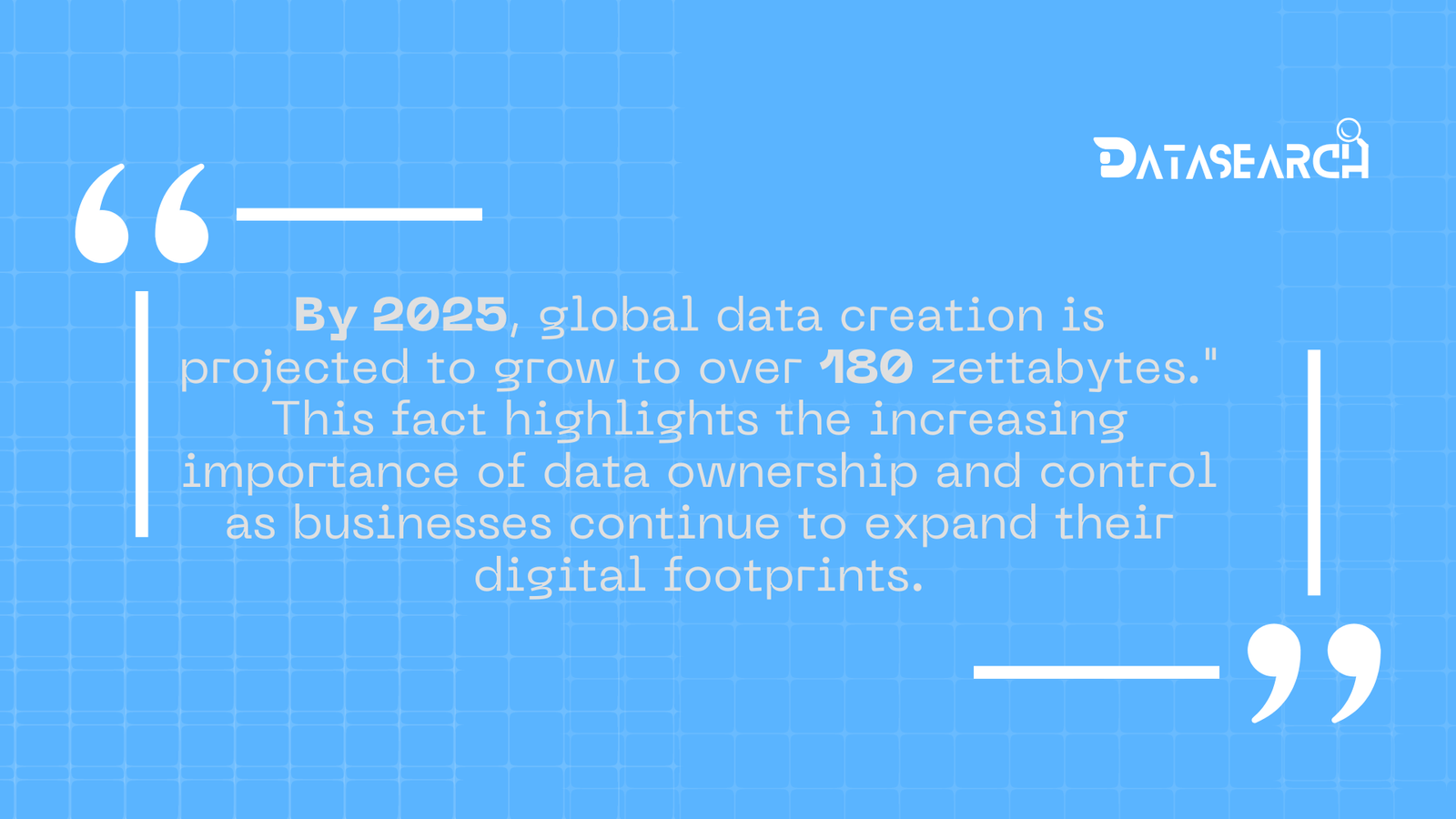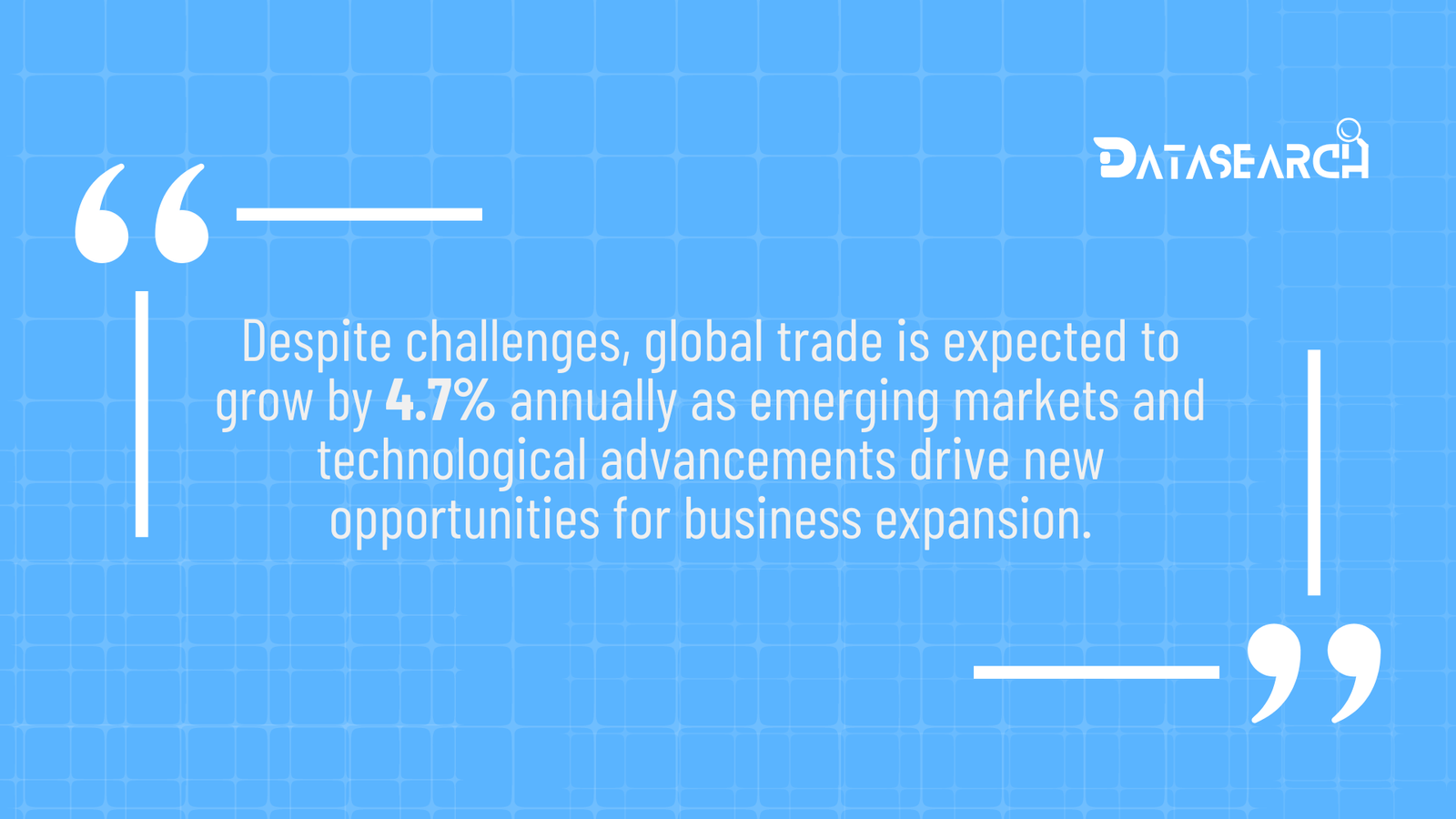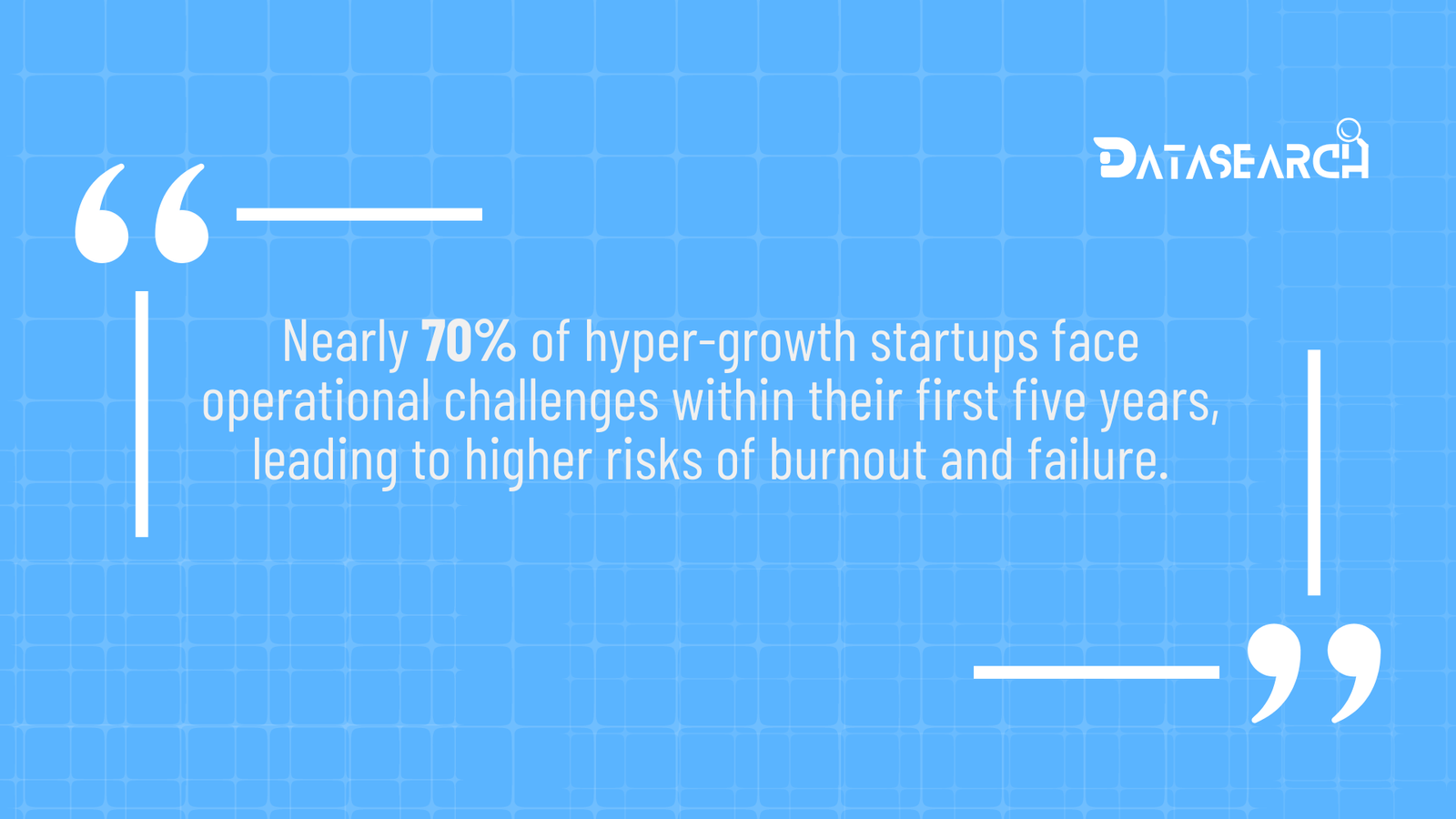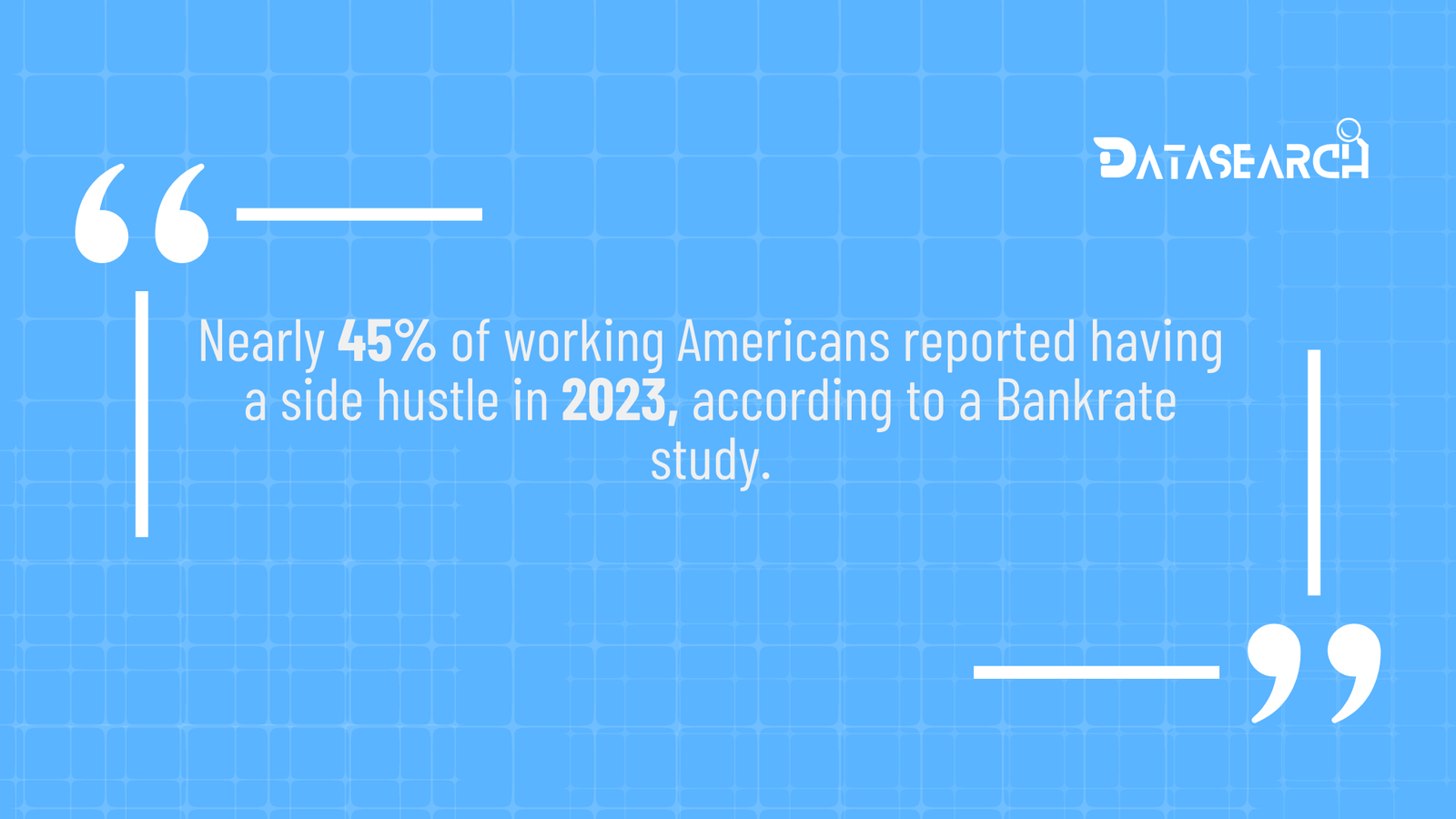In today’s digital age, the question of who controls the world’s data is more crucial than ever. From personal details to business insights, data has become a valuable currency driving innovation, decision-making, and even geopolitics. As we navigate through the complexities of the digital world, understanding the evolution of data ownership—and its impact on society—is essential for businesses and individuals alike.
A Brief History of Data Ownership
The concept of data ownership has evolved alongside technological advancements. In the early days of the internet, most data was controlled by individuals or businesses on private servers. As cloud computing became mainstream, more organizations began storing information on third-party platforms, raising new questions about who actually owns the data.
Pre-Digital Era
Before the internet, data ownership was relatively straightforward. Governments and corporations controlled their data in centralized systems, often on paper or isolated digital storage systems. Access was limited, and data breaches were rare compared to today’s standards.
The Internet Boom
With the rise of the internet, the concept of ownership started to blur. While individuals still “owned” personal information, companies providing online services began to amass vast amounts of user data. Social media, e-commerce platforms, and search engines became data goldmines, collecting everything from consumer habits to personal preferences.
The Cloud Revolution
The introduction of cloud computing allowed businesses to store and access data remotely, making it easier to scale and manage information. However, the shift also transferred significant control to cloud providers, challenging the traditional view of data ownership.
Who Owns the World’s Data Today?
In today’s data-driven world, ownership isn’t as simple as having access to or storing information. It’s about control, processing, and the ability to monetize it.
1. Tech Giants
Companies like Google, Facebook, Amazon, and Microsoft hold vast amounts of the world’s data. These tech giants own the infrastructure where much of this data is stored and processed, giving them immense control over how information is used. For example, Google and Facebook’s advertising businesses rely heavily on user data to deliver targeted ads, raising privacy concerns worldwide.
2. Governments
National governments are also major stakeholders in the global data ecosystem. Many countries have implemented strict data privacy regulations, like the European Union’s GDPR, to protect individuals’ information. Meanwhile, data localization laws in countries like China and Russia ensure that data generated within their borders stays under government control, further complicating the global data landscape.
3. Businesses
Beyond tech giants, businesses of all sizes collect and use data for various purposes—from improving customer experiences to enhancing operational efficiency. However, when companies rely on third-party services to store and process this data, questions arise about who ultimately holds ownership.
4. Individuals
There is growing awareness around personal data ownership. Movements like “data sovereignty” advocate for individuals to take back control of their personal information. In theory, users have more control over their data than ever before—thanks to regulations like GDPR—but in practice, many people remain unaware of how much information companies collect and how it’s used.
The Legal Landscape of Data Ownership
The legal aspect of data ownership is complex and varies by jurisdiction. In many regions, laws are evolving to address the challenges of data ownership, with three main areas of focus:
Data Protection Laws: Regulations such as the GDPR in Europe and the CCPA in California aim to protect individuals’ rights over their data by requiring companies to be transparent about data collection practices.
Intellectual Property: Businesses are increasingly seeking legal protections over their proprietary data, especially when it comes to trade secrets or competitive intelligence.
Data Sovereignty: Countries are implementing laws to ensure that data generated within their borders is subject to local laws, adding a layer of complexity for multinational companies.
Future Trends in Data Ownership
As the amount of data in the world continues to grow exponentially, several trends are shaping the future of data ownership:
1. Decentralized Data Control
Blockchain technology could play a significant role in the future of data ownership, offering a decentralized alternative to current models. Blockchain allows data to be stored and shared securely without relying on central authorities like tech companies or governments.
2. Data-as-a-Service (DaaS)
The rise of Data-as-a-Service platforms could further complicate data ownership. In this model, businesses pay to access and analyze data from third-party providers, raising questions about who owns the data and who is responsible for its protection.
3. Personal Data Marketplaces
In the near future, we may see the emergence of personal data marketplaces where individuals can sell access to their own data. This shift could radically change the data ownership landscape, empowering individuals to take back control.
How DataSearch Can Help Navigate the Complex World of Data Ownership
Understanding who controls the world’s data is more important than ever for businesses aiming to stay competitive. DataSearch helps companies tap into valuable data while ensuring compliance with privacy laws and data ownership regulations. With customized lead lists tailored to your specific business needs, DataSearch offers a powerful solution for targeting the right audience in an increasingly data-driven world.
Want to learn more about how DataSearch can help you navigate the evolving data landscape? Visit DataSearch.pro today and take control of your data strategy!




